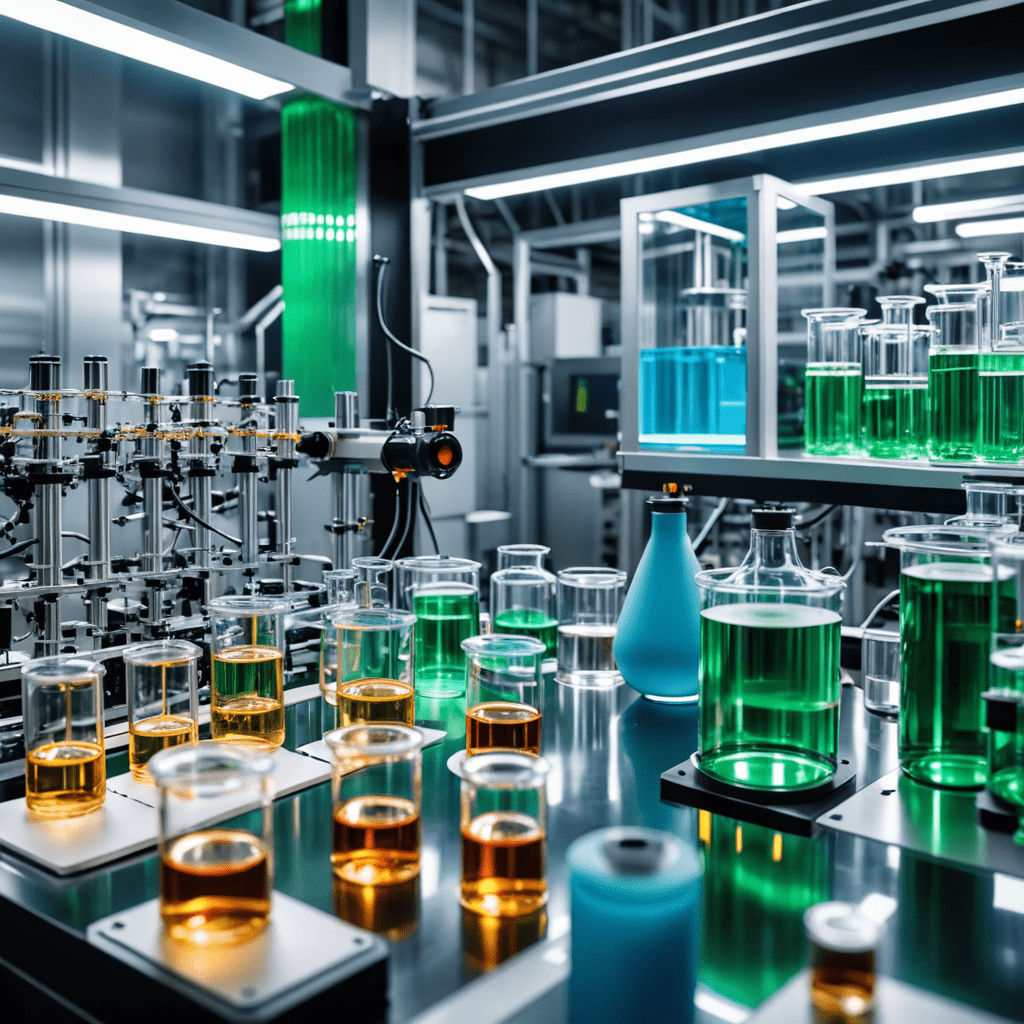Biotechnology and Agricultural Biotechnology: Enhancing Crop Production
Biotechnology and agricultural biotechnology play pivotal roles in revolutionizing crop production, leading to increased efficiency, sustainability, and yield. By leveraging scientific advancements and genetic engineering, biotechnology has transformed the agricultural landscape, offering innovative solutions to meet the world’s growing demand for food.
The Impact of Biotechnology on Crop Production
Biotechnology has enabled the development of genetically modified crops that exhibit enhanced traits such as resistance to pests, diseases, and environmental stress. This leads to higher yields, lower production costs, and reduced reliance on chemical inputs, ultimately benefiting farmers and consumers alike.
Advantages of Agricultural Biotechnology
Agricultural biotechnology facilitates precision breeding techniques, allowing for the modification of crop genomes to introduce desirable traits. This includes traits like drought tolerance, improved nutritional content, and increased shelf life, all of which contribute to sustainable agriculture and food security.
Biotechnological Tools and Techniques
Biotechnological tools such as CRISPR-Cas9, gene editing, and recombinant DNA technology have revolutionized crop improvement processes. These tools enable scientists to modify plant genomes with precision, accelerating the breeding of new varieties with superior characteristics and traits.
Sustainable Agriculture Through Biotechnology
Biotechnology promotes sustainable agricultural practices by enhancing crop resilience, reducing environmental impact, and conserving natural resources. By developing crops that require less water, fertilizer, and pesticides, biotechnology contributes to a more eco-friendly and efficient farming system.
Challenges and Controversies in Agricultural Biotechnology
Despite its benefits, agricultural biotechnology faces challenges related to public perception, regulatory frameworks, and ethical considerations. Addressing concerns about GMOs, ensuring biosafety, and promoting transparent communication are essential in navigating the complexities of agricultural biotechnology.
The Future of Biotechnology in Crop Production
As technology continues to advance, the future of biotechnology in crop production looks promising. Innovations in gene editing, synthetic biology, and bioinformatics hold the potential to further enhance crop traits, increase productivity, and address global food security challenges, emphasizing the vital role of biotechnology in shaping the future of agriculture.
Frequently Asked Questions about Biotechnology and Agricultural Biotechnology: Enhancing Crop Production
What is biotechnology in agriculture?
Biotechnology in agriculture involves using scientific techniques to enhance crop production, improve resistance to pests and diseases, and increase overall crop yields. This technology helps in developing genetically modified crops with desired traits to meet various challenges faced by farmers.
How does biotechnology enhance crop production?
Biotechnology enhances crop production by introducing genetic modifications to crops, making them resistant to pests, diseases, and environmental stresses. It also helps in improving nutrient content, increasing yield, and reducing the need for chemical inputs like pesticides and fertilizers.
What are the benefits of agricultural biotechnology?
Agricultural biotechnology offers numerous benefits such as increased crop yield, improved crop quality, enhanced resistance to pests and diseases, reduced environmental impact from farming practices, and improved efficiency in agriculture. It also plays a crucial role in addressing global food security challenges.
Are genetically modified organisms (GMOs) safe for consumption?
Extensive scientific studies have shown that GMOs approved for consumption are safe to eat. Regulatory agencies around the world evaluate the safety of GMOs before approving them for the market. GMOs undergo rigorous testing to ensure they are as safe as conventional crops.
How does biotechnology contribute to sustainable agriculture?
Biotechnology promotes sustainable agriculture by reducing


